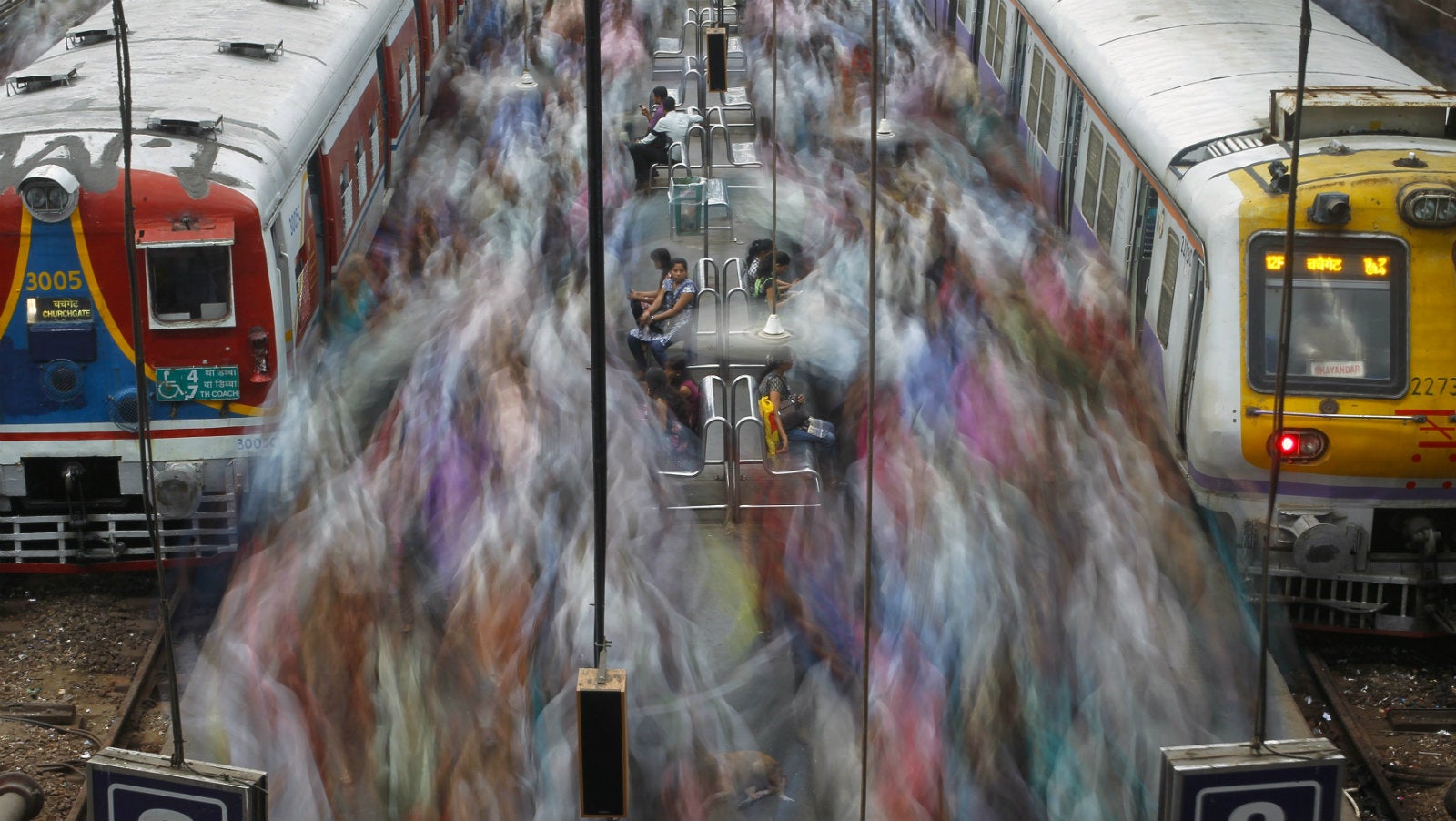After nearly a century, India junks its annual railway budget
Ninety-two years after it was first presented, India’s railway budget is being scrapped.


Ninety-two years after it was first presented, India’s railway budget is being scrapped.
“Rail budget and general budget will be amalgamated from now, there will only be one budget,” India’s finance minister, Arun Jaitley said on Sept. 21. ”However, the functional autonomy of railways will be maintained.”
Set up in 1853, Indian Railways is today the country’s largest employer, giving jobs to 1.4 million people.
The annual rail budget, as an exercise, began in 1924 under the British at a time when the railways was one of the biggest revenue earners for the country. Over the years, it has also been a platform to announce new trains and services, passenger fares, or plans for capacity expansion.
The decision to scrap the railway budget was first proposed by a NITI Aayog committee in June, which argued that it had failed “to be of use to the sector” and had become a “mechanism to announce popular measures.”
“Except India, no other country in the world has a railways budget,” railway minister Suresh Prabhu had said in August. “We want to do away with this colonial tradition.”
Prime minister Narendra Modi’s government has also decided to advance the date for presenting the union budget —traditionally done at the end of February—by a month.
The government wants to get all legislative approvals for the annual spending and tax proposals before the new financial year begins in April.
“(The) exact date of budget 2017 presentation would be decided keeping (the) calendar of state assembly elections in mind,” Jaitley said.